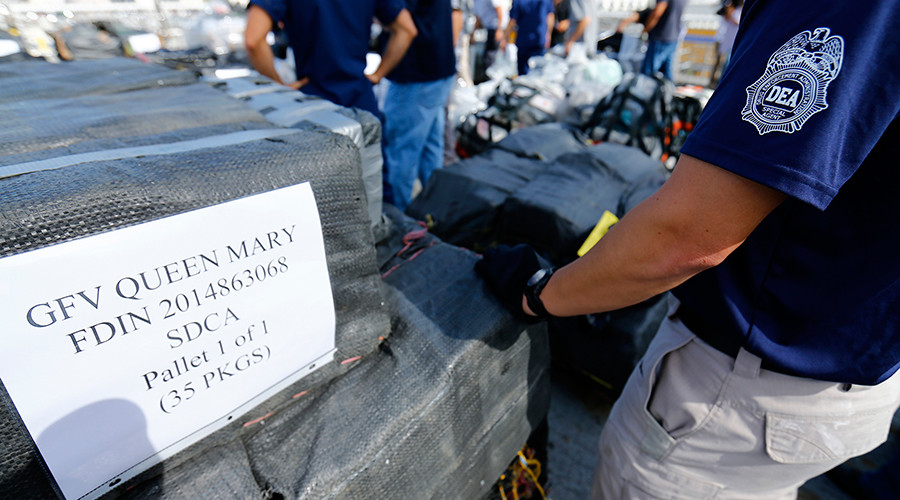Back in April of 2016, Congress (basically) stripped the DEA of its most potent weapon against large drug companies who were suspected of allowing the free flow of prescription narcotics onto our streets. Regardless of how you feel about the DEA, this act of Congress makes no sense. Unless something else is going on…
RELATED ARTICLE:
As it turns out, those of us crying foul play and conflict of interest weren’t wrong:
“’The drug industry, the manufacturers, wholesalers, distributors and chain drugstores, have an influence over Congress that has never been seen before,’ said Joseph T. Rannazzisi, who ran the DEA’s division responsible for regulating the drug industry and led a decade-long campaign of aggressive enforcement until he was forced out of the agency in 2015. ‘I mean, to get Congress to pass a bill to protect their interests in the height of an opioid epidemic just shows me how much influence they have.’”1
You see, a handful of members of Congress, working with our nation’s major drug distributors, “prevailed upon the DEA and the Justice Department” to agree to a law that was a bit more friendly to Big Pharma and basically crippled their attempts to stop the flow of pain pills (something the DEA had opposed for years).
RELATED ARTICLE:
“The law was the crowning achievement of a multifaceted campaign by the drug industry to weaken aggressive DEA enforcement efforts against drug distribution companies that were supplying corrupt doctors and pharmacists who peddled narcotics to the black market. The industry worked behind the scenes with lobbyists and key members of Congress, pouring more than a million dollars into their election campaigns.” 2
And what would be the point of that? What reason would the chief advocate of the law, Rep. Tom Marino, Pennsylvania (Rep), stand to gain from the law? That’s a great question.
To read the rest of the joint investigation by The Washington Post and 60 Minutes, click here.












